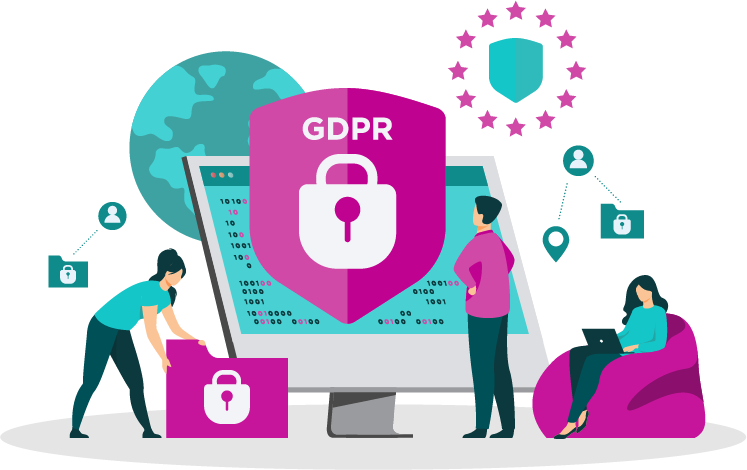GDPR
The General Data Protection Regulation, or GDPR, is an EU regulation to protect people’s right to privacy. It details how the personal data of individuals can be processed by companies, governments, other individuals etc. Its scope covers citizens of, and residents in, the European Economic Area (EEA).

Check out our blog article
Decoding GDPR Fines
Get ready for some shocking revelations as we delve into the consequences of GDPR fines and unravel the challenges faced by sectors in meeting data protection regulations!
Looking for more info?
Contact us via form, phone, or email to discuss projects, partnerships, custom development, custom pricing or any other question you might have for us.



